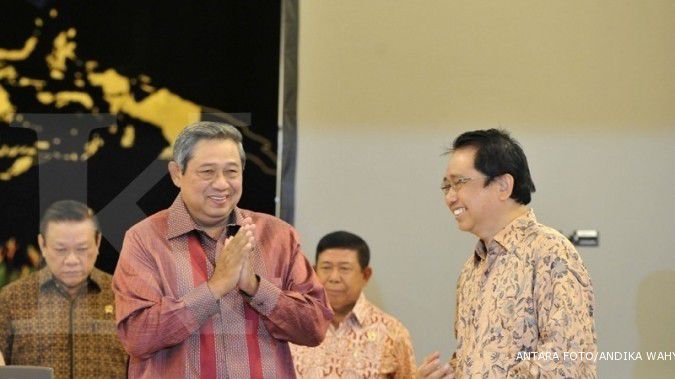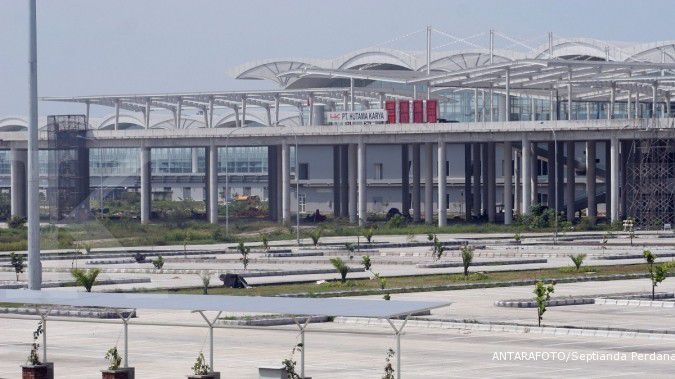DENPASAR. Creating and parading ogoh-ogoh (giant papier-mâché effigies) has always been a much-awaited tradition for Balinese ahead of the celebration of Nyepi (the Hindu Day of Silence), which will fall on March 31 this year.
Lately, however, a sense of anxiety has engulfed members of the island’s general election commission after they learned that the date for the upcoming ogoh-ogoh parade falls during the official campaign season for the country’s general election.
Bali General Election’s Commission (KPUD) head, Dewa Kade Wiarsa Raka Sandi, told journalists on Monday that the national commission had enacted the campaign period to run from March 16 to April 5 this year. Meanwhile, Pengerupukan day — the day before Nyepi, when ogoh-ogoh are paraded — falls on March 30. “It means that there will be a campaign by political parties on Pengerupukan day. This is highly prone to being used by politicians to promote themselves, or even to undermine other candidates,” Sandi said.
According to the Saka lunar calendar, the first day of New Year 1933 will fall on March 31, which is marked by the observance of Nyepi.
It has been a tradition that Balinese parade ogoh-ogoh on the day before Nyepi. The effigies, symbolizing the evil spirit of Bhuta Kala, are made using a bamboo or iron skeleton and covered with cork or styrofoam. The effigy is made more attractive by being painted and shaped to resemble a particular character.
The characters used to be adopted from folk tales and usually took the form of a scary giant. Now, however, people adopt characters from animated films or use public figures.
Last year, an ogoh-ogoh impersonating Anas Urbaningrum, the former chairman of the Democratic Party, was made by a resident in Denpasar. In 2011, there was an ogoh-ogoh bearing the face of graft convict Gayus Tambunan. This creativity, which has also become a social criticism, has caused controversy.
An academic from Warmadewa University, who is also former head of the Bali KPUD, Anak Agung
Oka Wisnumurti, admitted that the ogoh-ogoh parade was extremely prone to conflicts of interest, especially when being held during campaigning.
“I really hope that politicians will be aware that ogoh-ogoh are part of our religion and culture, not politics. So, politicians should not use the momentum to promote themselves. It will only trigger conflict between supporters,” Wisnumurti said.
Earlier, the Indonesian Parishada Hindu Council (PHDI) also urged all Hindu devotees across the island to avoid making politic comments through the making and parading of ogoh-ogoh for Nyepi. They also urged politicians not to profit from the religious moment.
Election day will be on April 9. (Ni Komang Erviani)
/2013/03/13/1456458007.jpg)













